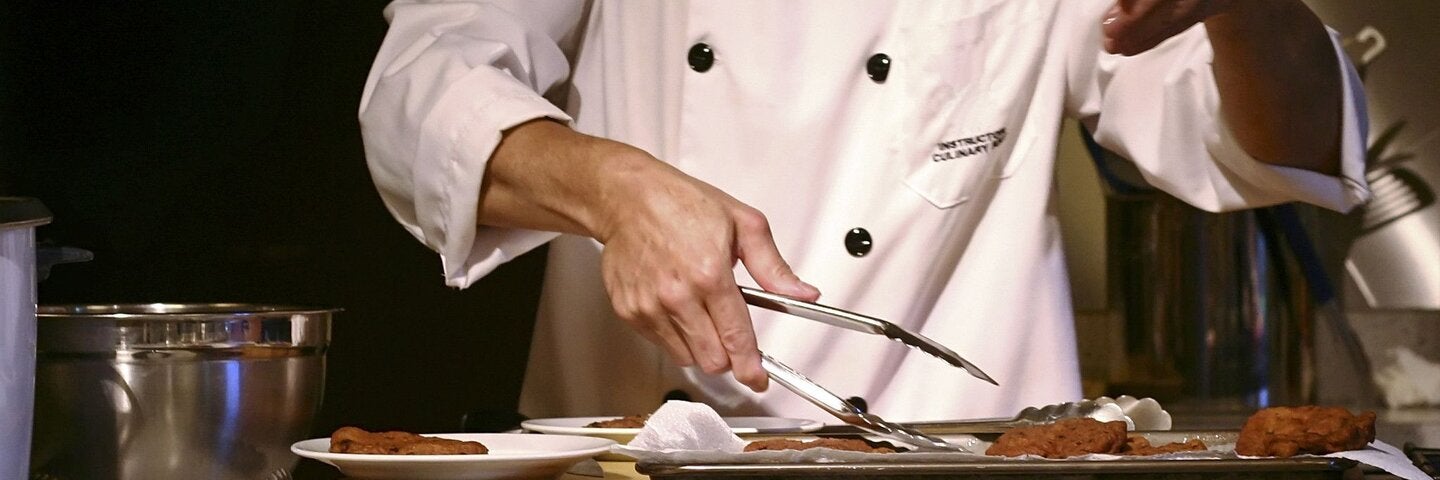Turning Points in Food History

Turning Points in Food History
GENINT 721.732
Osher (50+). In this course we touch on the events and cookbooks that made food history.
Get More Info
About This Course
In this course, we explore significant events which have contributed to the way humans have eaten. The adoption of vegetarianism in India's Jain religion as a major eating tradition was one such event. Another was Columbus's 1492 voyage, which brought a vast cornucopia of New World products—corn, potatoes, and tomatoes, to name a few, to the cuisines of the entire world. Other events include science-based inventions such as canning to preserve food, baking powder to make breads and cakes rise, and the invention of refrigeration to keep foods fresh. We also look at significant cookbooks and their authors, including Apicius’s On Things Culinary, the oldest collection of recipes to survive from antiquity; and On the Art of Cooking (1570), which made Renaissance-era chef Bartolomeo Scappi the first internationally renowned celebrity chef. This tradition has lived on more recently with Frenchmen Antonin Carême, who defined the very term haute cuisine, and Auguste Escoffier, whose Le Guide Culinaire (1903) revolutionized the order and design of the modern restaurant kitchen.

